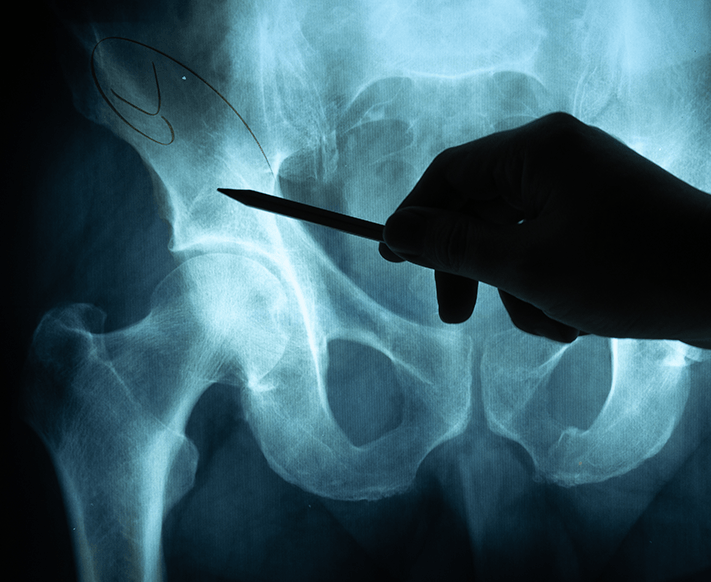What is Hip Replacement Surgery?
Hip replacement surgery, also known as hip arthroplasty, is a medical procedure in which a damaged or diseased hip joint is replaced with an artificial implant. This surgery is commonly performed to relieve pain and restore function in individuals with severe hip arthritis or other debilitating hip conditions. The procedure involves removing damaged cartilage and bone from the hip joint and replacing them with prosthetic components made of metal, plastic, or ceramic materials.
When is Hip Replacement Surgery Needed?
Hip replacement is typically considered when:
Pain and stiffness in the hip significantly affect daily activities such as walking, standing, or sitting for extended periods
Conservative treatments, including physiotherapy, medications, and injections, no longer provide relief
There is severe joint damage seen on X-rays or MRI scans"
The hip is deformed or unstable, making movement difficult
The patient’s quality of life is significantly reduced due to hip pain










